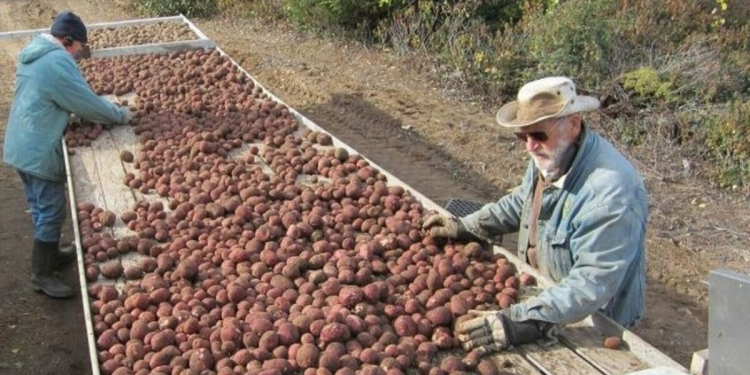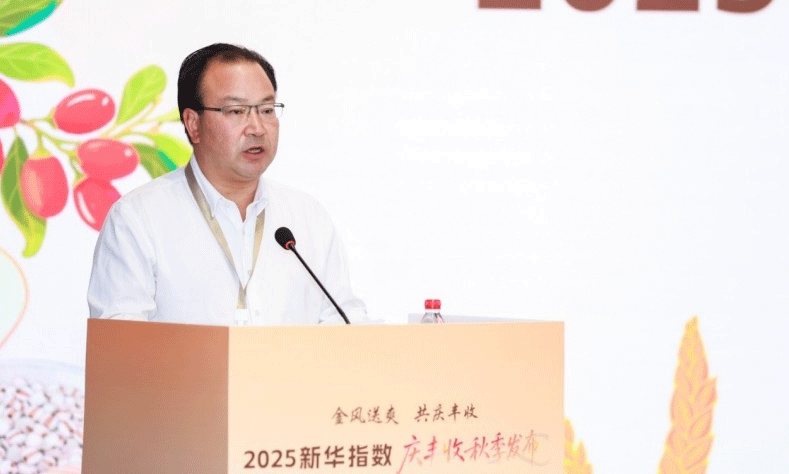One veteran potato farmer welcomes Wednesday’s potato boost, but questions whether the new land can get up to speed by the province’s self-imposed deadline next year.
“It’s not just a matter of clearing land and here you go, it’s good to grow. I mean, it takes years to build up that soil to get its full potential,” said Melvin Rideout, a fourth-generation farmer in Cormack and the president of the province’s Horticulture Producers Council.
While potatoes are a traditionally grown crop and do well in Newfoundland’s climate, Rideout said newly-cleared land needs two years of adding organic matter and tinkering with pH levels to make for ideal growing conditions. For the first year, he said, spreading manure and planting other crops happier with poorer soil, like cabbage, is the way to go. “You’re going to have very reduced yields on freshly new cleared ground,” he said.

Despite that hard work ahead, Rideout said the land clearing “is a big help” for farmers and will provide a boost for overall potato production, but with the vegetable a staple in so any households, there’s more demand than supply. “There’s still a long ways to go, and a lot more potato production is needed to get up to what we’re consuming in the province, but this is a good step forward,” Rideout said.
At a ceremony this week that celebrated small farmers taking big leaps, the Newfoundland and Labrador government has put the potato as front and centre to its approaching deadline to double food production in the province by 2022.
On Wednesday, the humble starch became the centrepiece of that plan on a tract of newly-cleared soil at Junction Brook, just east of Deer Lake. There, three farming operations were allotted 700 acres between them as the successful bidders for Crown land leases specifically designated for large-scale potato production, some at Junction Brook and at other expanses near Cormack and Glenwood.
“We’re pretty excited to have this opportunity. It’s pretty impressive what the province has done here to take this agricultural land and make it available,” said Lukas Doman, who along with partner Adam Anderson will be farming 172 acres,100 of which has been cleared. In 2020, the provincial government announced it would spend $2.75 million to develop the land prior to asking for prospective farmers. Doman and Anderson, as first-time entrants into agriculture, say the clearing gives them a big boost.
“It’s a huge step forward to be able step into a property and start planting in the very near future,” Doman said.
The province is looking for a big boost as well, and is touting the taters-to-be as its way to meet an agricultural goal it first announced in 2017: to double the amount of food produced in Newfoundland and Labrador from 10 to 20 per cent of the province’s needs by 2022.

In the years since the initial announcement, there’s been a flurry of agricultural investment and announcements to inch Newfoundland and Labrador’s farming sector — the smallest in Canada — toward that goal.The potatoes will make that goal a reality, the province says, expecting 15 million pounds annually from the newly-leased land.
“We’ll see them in our grocery stores. they’ll be on the shelves this fall,” said Derrick Bragg, the minister in charge of agriculture. Louis MacDonald and partner Scott Madore will be farming potatoes at Junction Brook, and expanding their two-year-old farming business along the way. “With this opportunity here, it looks like we’re probably going to triple or quadruple [production] in the next couple years. It’s a huge opportunity,” MacDonald told CBC News.








